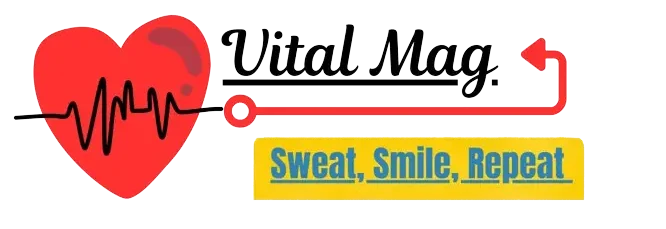CBD products have become very popular in recent years, and many people are looking for natural ways to relax and improve their well-being. One of the best ways to enjoy CBD is through CBD Blüten (CBD flowers). But before you CBD Blüten bestellen, it is important to understand what they are, how they work, and what to look for when buying them.
What Are CBD Blüten?
CBD Blüten are dried flowers from the hemp plant. They contain high amounts of cannabidiol (CBD) and very low levels of THC, which means they do not make you feel “high.” These flowers are used in many ways, such as smoking, vaping, or making tea. People love CBD flowers because they offer natural relaxation, stress relief, and other wellness benefits.
Benefits of CBD Blüten
Many people choose to use CBD Blüten because they provide a range of health benefits. Here are some of the main reasons people love them:
1. Helps Reduce Stress and Anxiety
CBD has calming effects that help reduce stress and anxiety. If you often feel overwhelmed or nervous, using CBD flowers can help you relax naturally.
2. Improves Sleep Quality
If you have trouble sleeping, CBD Blüten can help. Many users say that CBD helps them fall asleep faster and stay asleep longer.
3. Relieves Pain and Inflammation
CBD is known for its pain-relieving properties. Whether you have muscle pain, joint pain, or headaches, CBD flowers may help ease the discomfort.
4. No Psychoactive Effects
Unlike THC, CBD does not make you feel “high.” This makes CBD Blüten a safe choice for people who want the benefits of cannabis without mind-altering effects.
5. Natural and Legal Alternative
CBD flowers are a natural option for people who prefer plant-based remedies. In many countries, they are legal as long as they contain less than 0.2% or 0.3% THC (depending on local laws).
How to Use CBD Blüten
When you CBD Blüten bestellen, you might wonder how to use them. There are several ways to enjoy CBD flowers:
1. Smoking or Vaping
One of the most common ways to use CBD flowers is by smoking or vaping them. This allows CBD to enter your bloodstream quickly, providing fast relief.
2. Making CBD Tea
If you prefer a more relaxing method, you can brew CBD flowers into tea. Simply add hot water and let the flowers steep for about 10 minutes.
3. Cooking with CBD
You can also use CBD flowers in recipes by adding them to butter or oil. This is a great way to make CBD-infused foods at home.
Things to Consider Before You CBD Blüten Bestellen
If you are planning to buy CBD flowers, here are some important things to keep in mind:
1. Check the Quality
Always look for high-quality CBD flowers. The best CBD Blüten come from organic hemp plants and are free from pesticides and chemicals.
2. Choose the Right CBD Content
Different CBD flowers have different levels of CBD. If you are new to CBD, start with a lower strength and increase as needed.
3. Check for Lab Testing
Reputable CBD brands provide lab reports that show the CBD and THC content. Always check these reports to make sure you are getting a safe and legal product.
4. Read Customer Reviews
Before you CBD Blüten bestellen, read customer reviews to see what others say about the product. This can help you find a reliable brand.
5. Understand the Legal Status
CBD laws vary from country to country. Make sure CBD flowers are legal in your area before ordering.
Where to CBD Blüten Bestellen Online
There are many online stores that sell CBD flowers. Here are some tips for finding a trusted store:
- Choose a store with good reviews and high ratings.
- Look for stores that offer lab-tested products.
- Compare prices and check for discounts or free shipping.
- Make sure the store has good customer service in case you need help.
Final Thoughts
CBD Blüten are a great way to enjoy the benefits of CBD in a natural and effective way. Whether you use them for relaxation, better sleep, or pain relief, they offer many benefits without the high of THC. When you CBD Blüten bestellen, always check for quality, lab testing, and legal status to ensure a safe and satisfying experience.
If you are looking for a natural way to improve your well-being, CBD flowers may be the perfect choice for you!

